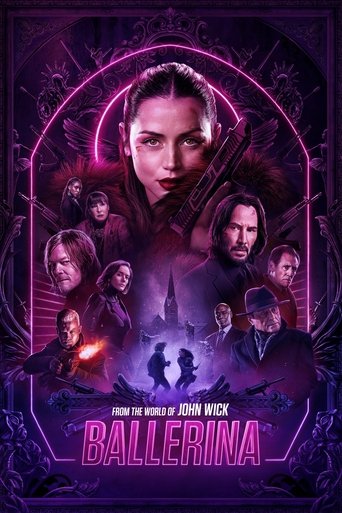Popular People
-
 Sydney Sweeney
Sydney Sweeney -
 Sydney Sweeney
Sydney Sweeney -
 Scarlett Johansson
Scarlett Johansson -
 Nora Kirkpatrick
Nora Kirkpatrick -
 Kimon Dimopoulos
Kimon Dimopoulos -
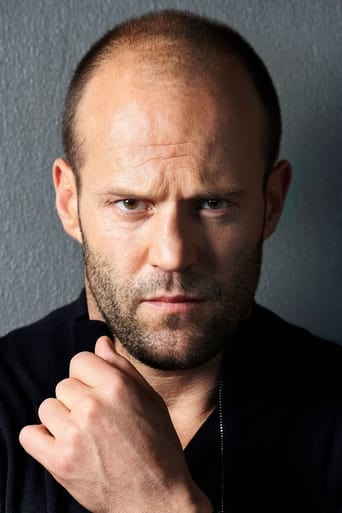 Jason Statham
Jason Statham -
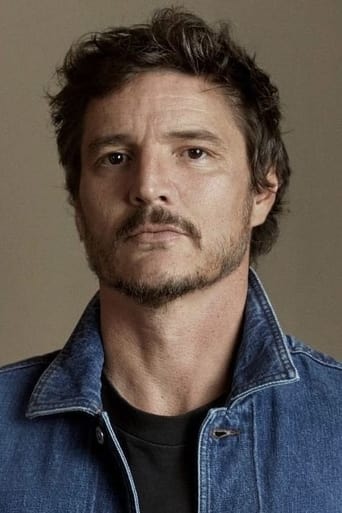 Pedro Pascal
Pedro Pascal -
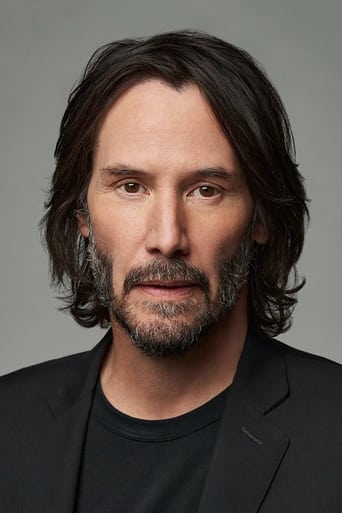 Keanu Reeves
Keanu Reeves -
 Ana de Armas
Ana de Armas -
 Jenna Ortega
Jenna Ortega -
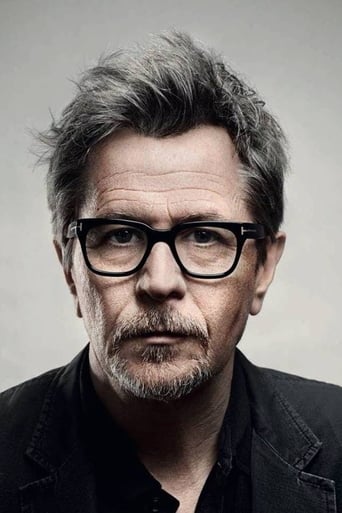 Gary Oldman
Gary Oldman -
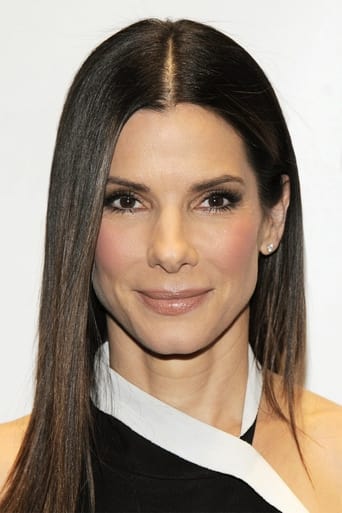 Sandra Bullock
Sandra Bullock -
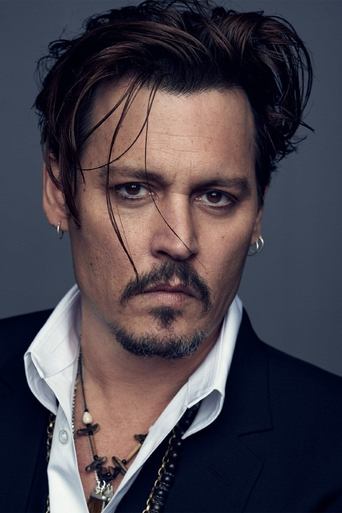 Johnny Depp
Johnny Depp -
 Hande Erçel
Hande Erçel -
 Alexandra Daddario
Alexandra Daddario -
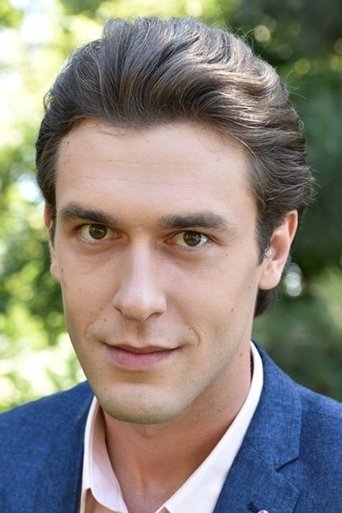 Yurii Felipenko
Yurii Felipenko -
 Jason Momoa
Jason Momoa -
 Sydney Sweeney
Sydney Sweeney -
 Scarlett Johansson
Scarlett Johansson -
 Nora Kirkpatrick
Nora Kirkpatrick -
 Kimon Dimopoulos
Kimon Dimopoulos -
 Jason Statham
Jason Statham -
 Pedro Pascal
Pedro Pascal -
 Keanu Reeves
Keanu Reeves -
 Ana de Armas
Ana de Armas -
 Jenna Ortega
Jenna Ortega -
 Gary Oldman
Gary Oldman -
 Sandra Bullock
Sandra Bullock -
 Johnny Depp
Johnny Depp -
 Hande Erçel
Hande Erçel -
 Alexandra Daddario
Alexandra Daddario -
 Yurii Felipenko
Yurii Felipenko -
 Jason Momoa
Jason Momoa -
 Sydney Sweeney
Sydney Sweeney -
 Scarlett Johansson
Scarlett Johansson -
 Nora Kirkpatrick
Nora Kirkpatrick -
 Kimon Dimopoulos
Kimon Dimopoulos -
 Jason Statham
Jason Statham -
 Pedro Pascal
Pedro Pascal -
 Keanu Reeves
Keanu Reeves -
 Ana de Armas
Ana de Armas -
 Jenna Ortega
Jenna Ortega -
 Gary Oldman
Gary Oldman -
 Sandra Bullock
Sandra Bullock -
 Johnny Depp
Johnny Depp -
 Hande Erçel
Hande Erçel -
 Alexandra Daddario
Alexandra Daddario -
 Yurii Felipenko
Yurii Felipenko -
 Jason Momoa
Jason Momoa -
 Sydney Sweeney
Sydney Sweeney -
 Scarlett Johansson
Scarlett Johansson -
 Nora Kirkpatrick
Nora Kirkpatrick -
 Kimon Dimopoulos
Kimon Dimopoulos -
 Jason Statham
Jason Statham -
 Pedro Pascal
Pedro Pascal -
 Keanu Reeves
Keanu Reeves -
 Ana de Armas
Ana de Armas -
 Jenna Ortega
Jenna Ortega -
 Gary Oldman
Gary Oldman -
 Sandra Bullock
Sandra Bullock -
 Johnny Depp
Johnny Depp -
 Hande Erçel
Hande Erçel -
 Alexandra Daddario
Alexandra Daddario -
 Yurii Felipenko
Yurii Felipenko -
 Jason Momoa
Jason Momoa -
 Sydney Sweeney
Sydney Sweeney -
 Scarlett Johansson
Scarlett Johansson -
 Nora Kirkpatrick
Nora Kirkpatrick -
 Kimon Dimopoulos
Kimon Dimopoulos -
 Jason Statham
Jason Statham -
 Pedro Pascal
Pedro Pascal -
 Keanu Reeves
Keanu Reeves -
 Ana de Armas
Ana de Armas -
 Jenna Ortega
Jenna Ortega -
 Gary Oldman
Gary Oldman -
 Sandra Bullock
Sandra Bullock -
 Johnny Depp
Johnny Depp -
 Hande Erçel
Hande Erçel -
 Alexandra Daddario
Alexandra Daddario -
 Yurii Felipenko
Yurii Felipenko -
 Jason Momoa
Jason Momoa
Popular Movie
-
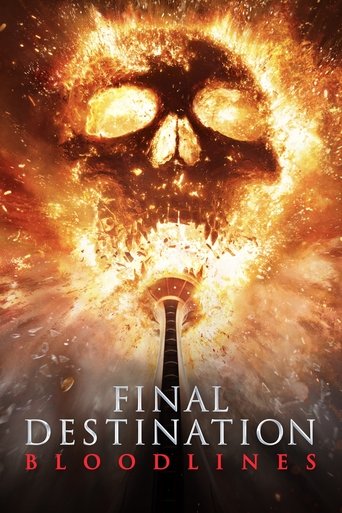 Final Destination Bloodlines
Final Destination Bloodlines -
 Final Destination Bloodlines
Final Destination Bloodlines -
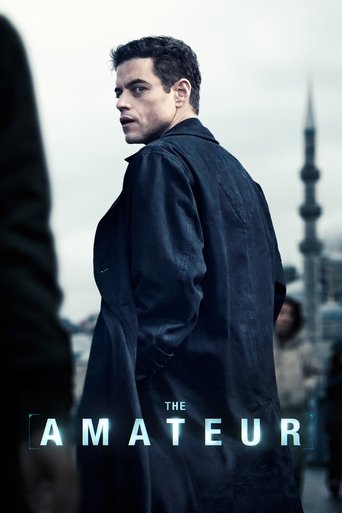 The Amateur
The Amateur -
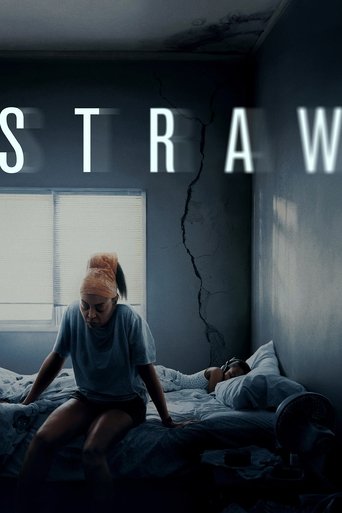 STRAW
STRAW -
 Predator: Killer of Killers
Predator: Killer of Killers -
 Lilo & Stitch
Lilo & Stitch -
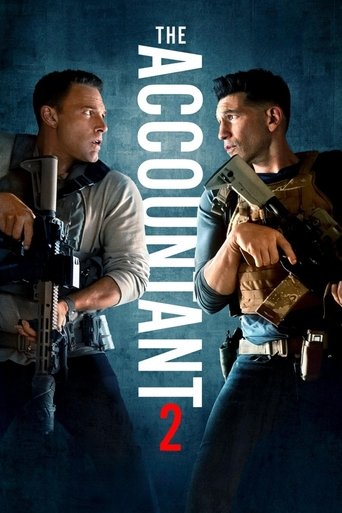 The Accountant²
The Accountant² -
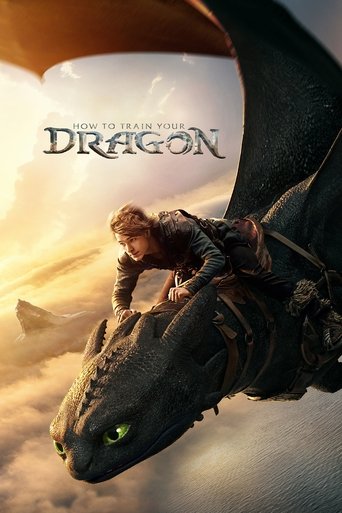 How to Train Your Dragon
How to Train Your Dragon -
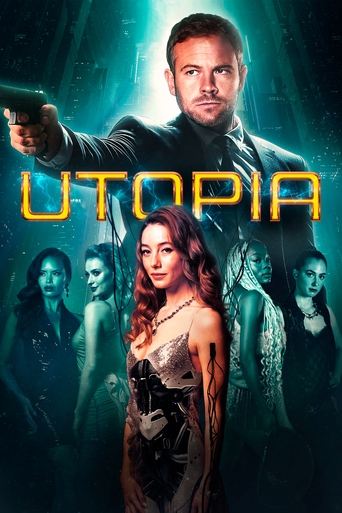 Utopia
Utopia -
 Hunt the Wicked
Hunt the Wicked -
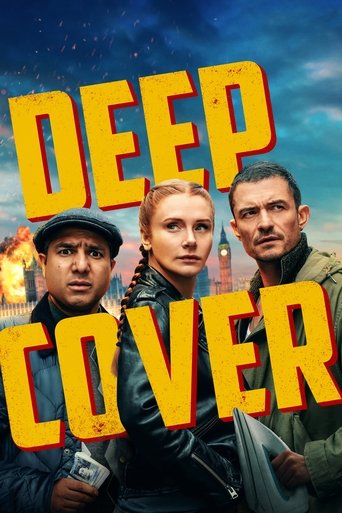 Deep Cover
Deep Cover -
 Clown in a Cornfield
Clown in a Cornfield -
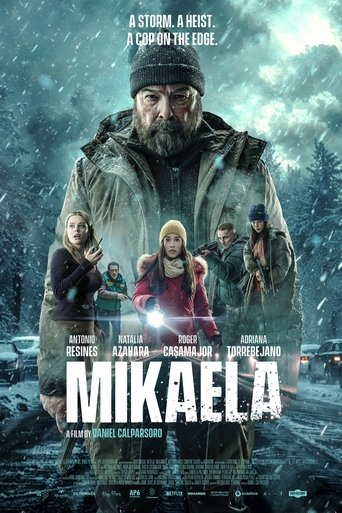 Mikaela
Mikaela -
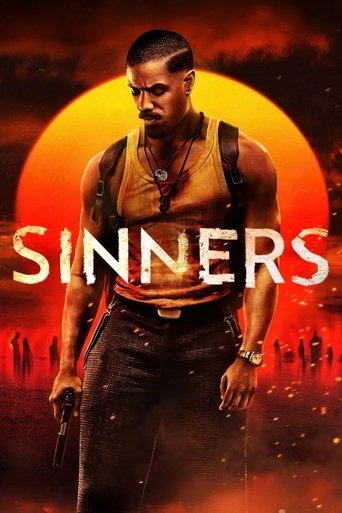 Sinners
Sinners -
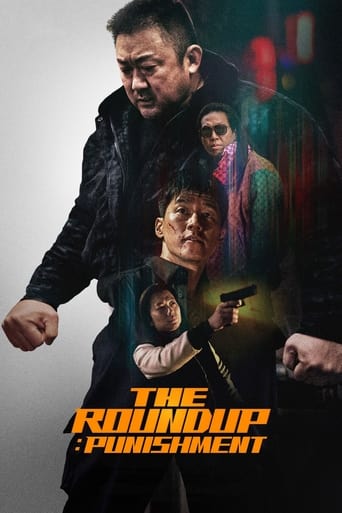 The Roundup: Punishment
The Roundup: Punishment -
 K.O.
K.O. -
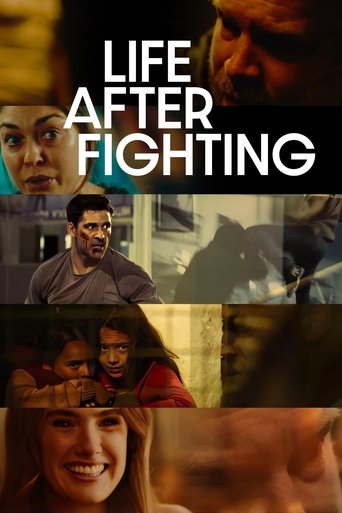 Life After Fighting
Life After Fighting -
 Final Destination Bloodlines
Final Destination Bloodlines -
 The Amateur
The Amateur -
 STRAW
STRAW -
 Predator: Killer of Killers
Predator: Killer of Killers -
 Lilo & Stitch
Lilo & Stitch -
 The Accountant²
The Accountant² -
 How to Train Your Dragon
How to Train Your Dragon -
 Utopia
Utopia -
 Hunt the Wicked
Hunt the Wicked -
 Deep Cover
Deep Cover -
 Clown in a Cornfield
Clown in a Cornfield -
 Mikaela
Mikaela -
 Sinners
Sinners -
 The Roundup: Punishment
The Roundup: Punishment -
 K.O.
K.O. -
 Life After Fighting
Life After Fighting -
 Final Destination Bloodlines
Final Destination Bloodlines -
 The Amateur
The Amateur -
 STRAW
STRAW -
 Predator: Killer of Killers
Predator: Killer of Killers -
 Lilo & Stitch
Lilo & Stitch -
 The Accountant²
The Accountant² -
 How to Train Your Dragon
How to Train Your Dragon -
 Utopia
Utopia -
 Hunt the Wicked
Hunt the Wicked -
 Deep Cover
Deep Cover -
 Clown in a Cornfield
Clown in a Cornfield -
 Mikaela
Mikaela -
 Sinners
Sinners -
 The Roundup: Punishment
The Roundup: Punishment -
 K.O.
K.O. -
 Life After Fighting
Life After Fighting -
 Final Destination Bloodlines
Final Destination Bloodlines -
 The Amateur
The Amateur -
 STRAW
STRAW -
 Predator: Killer of Killers
Predator: Killer of Killers -
 Lilo & Stitch
Lilo & Stitch -
 The Accountant²
The Accountant² -
 How to Train Your Dragon
How to Train Your Dragon -
 Utopia
Utopia -
 Hunt the Wicked
Hunt the Wicked -
 Deep Cover
Deep Cover -
 Clown in a Cornfield
Clown in a Cornfield -
 Mikaela
Mikaela -
 Sinners
Sinners -
 The Roundup: Punishment
The Roundup: Punishment -
 K.O.
K.O. -
 Life After Fighting
Life After Fighting -
 Final Destination Bloodlines
Final Destination Bloodlines -
 The Amateur
The Amateur -
 STRAW
STRAW -
 Predator: Killer of Killers
Predator: Killer of Killers -
 Lilo & Stitch
Lilo & Stitch -
 The Accountant²
The Accountant² -
 How to Train Your Dragon
How to Train Your Dragon -
 Utopia
Utopia -
 Hunt the Wicked
Hunt the Wicked -
 Deep Cover
Deep Cover -
 Clown in a Cornfield
Clown in a Cornfield -
 Mikaela
Mikaela -
 Sinners
Sinners -
 The Roundup: Punishment
The Roundup: Punishment -
 K.O.
K.O. -
 Life After Fighting
Life After Fighting
Popular TV
-
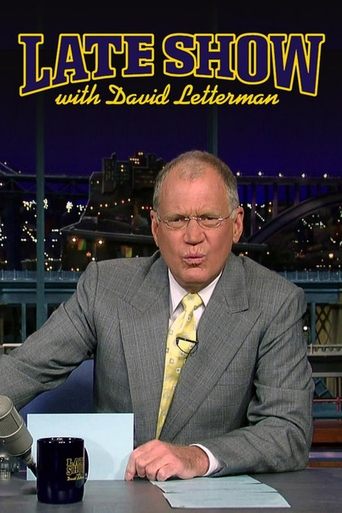 Late Show with David Letterman
Late Show with David Letterman -
 Late Show with David Letterman
Late Show with David Letterman -
 The Tonight Show Starring Jimmy Fallon
The Tonight Show Starring Jimmy Fallon -
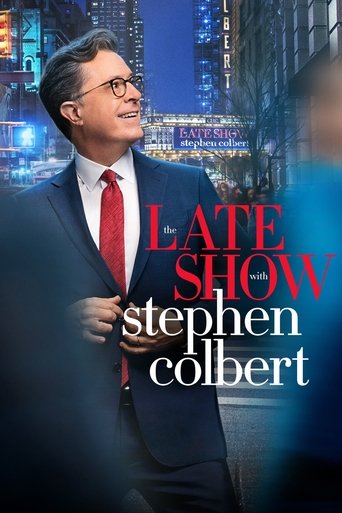 The Late Show with Stephen Colbert
The Late Show with Stephen Colbert -
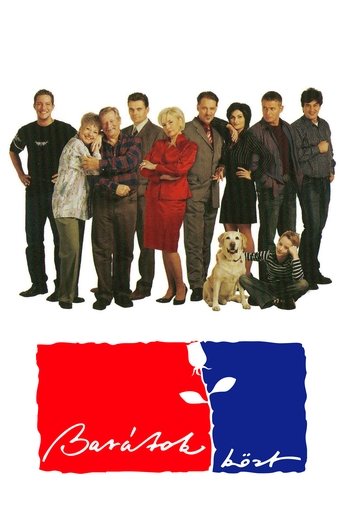 Among Friends
Among Friends -
 Watch What Happens Live with Andy Cohen
Watch What Happens Live with Andy Cohen -
 The Daily Show
The Daily Show -
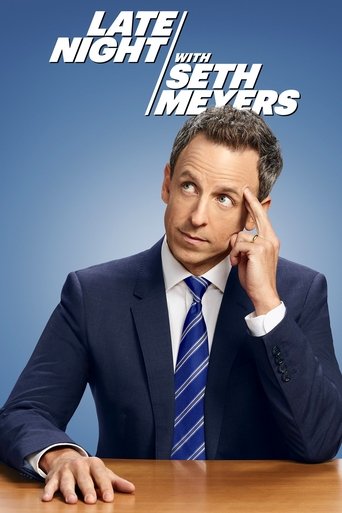 Late Night with Seth Meyers
Late Night with Seth Meyers -
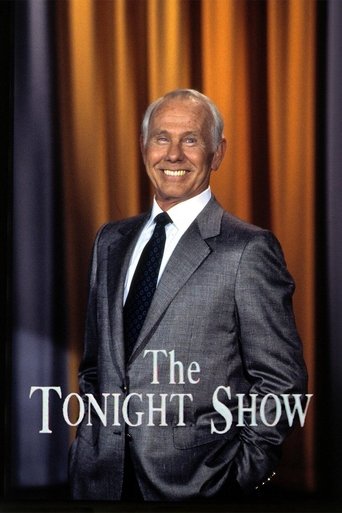 The Tonight Show Starring Johnny Carson
The Tonight Show Starring Johnny Carson -
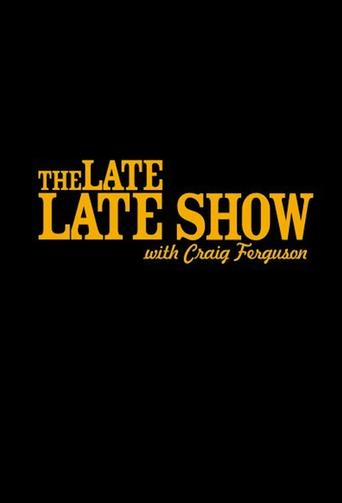 The Late Late Show with Craig Ferguson
The Late Late Show with Craig Ferguson -
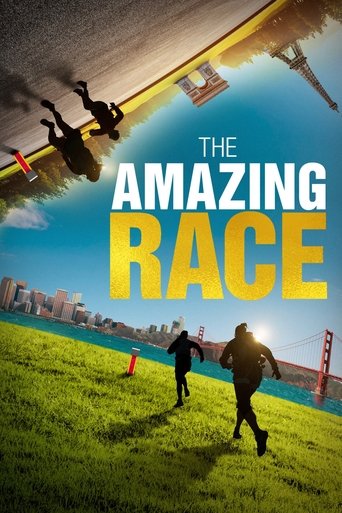 The Amazing Race
The Amazing Race -
 Alles was zählt
Alles was zählt -
 The Kelly Clarkson Show
The Kelly Clarkson Show -
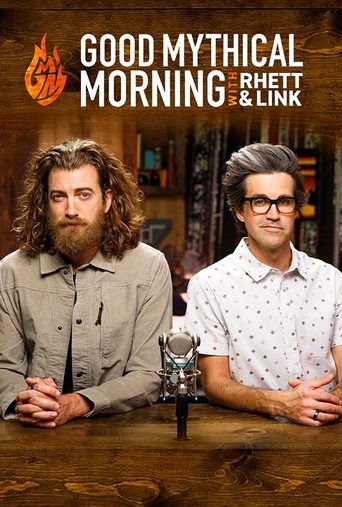 Good Mythical Morning
Good Mythical Morning -
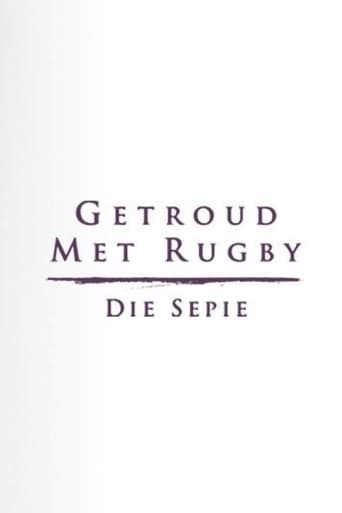 Getroud met Rugby: Die Sepie
Getroud met Rugby: Die Sepie -
 Grey's Anatomy
Grey's Anatomy -
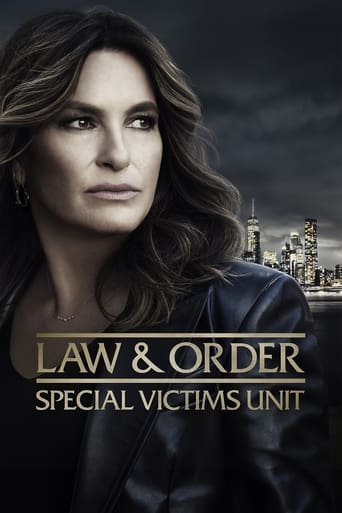 Law & Order: Special Victims Unit
Law & Order: Special Victims Unit -
 Late Show with David Letterman
Late Show with David Letterman -
 The Tonight Show Starring Jimmy Fallon
The Tonight Show Starring Jimmy Fallon -
 The Late Show with Stephen Colbert
The Late Show with Stephen Colbert -
 Among Friends
Among Friends -
 Watch What Happens Live with Andy Cohen
Watch What Happens Live with Andy Cohen -
 The Daily Show
The Daily Show -
 Late Night with Seth Meyers
Late Night with Seth Meyers -
 The Tonight Show Starring Johnny Carson
The Tonight Show Starring Johnny Carson -
 The Late Late Show with Craig Ferguson
The Late Late Show with Craig Ferguson -
 The Amazing Race
The Amazing Race -
 Alles was zählt
Alles was zählt -
 The Kelly Clarkson Show
The Kelly Clarkson Show -
 Good Mythical Morning
Good Mythical Morning -
 Getroud met Rugby: Die Sepie
Getroud met Rugby: Die Sepie -
 Grey's Anatomy
Grey's Anatomy -
 Law & Order: Special Victims Unit
Law & Order: Special Victims Unit -
 Late Show with David Letterman
Late Show with David Letterman -
 The Tonight Show Starring Jimmy Fallon
The Tonight Show Starring Jimmy Fallon -
 The Late Show with Stephen Colbert
The Late Show with Stephen Colbert -
 Among Friends
Among Friends -
 Watch What Happens Live with Andy Cohen
Watch What Happens Live with Andy Cohen -
 The Daily Show
The Daily Show -
 Late Night with Seth Meyers
Late Night with Seth Meyers -
 The Tonight Show Starring Johnny Carson
The Tonight Show Starring Johnny Carson -
 The Late Late Show with Craig Ferguson
The Late Late Show with Craig Ferguson -
 The Amazing Race
The Amazing Race -
 Alles was zählt
Alles was zählt -
 The Kelly Clarkson Show
The Kelly Clarkson Show -
 Good Mythical Morning
Good Mythical Morning -
 Getroud met Rugby: Die Sepie
Getroud met Rugby: Die Sepie -
 Grey's Anatomy
Grey's Anatomy -
 Law & Order: Special Victims Unit
Law & Order: Special Victims Unit -
 Late Show with David Letterman
Late Show with David Letterman -
 The Tonight Show Starring Jimmy Fallon
The Tonight Show Starring Jimmy Fallon -
 The Late Show with Stephen Colbert
The Late Show with Stephen Colbert -
 Among Friends
Among Friends -
 Watch What Happens Live with Andy Cohen
Watch What Happens Live with Andy Cohen -
 The Daily Show
The Daily Show -
 Late Night with Seth Meyers
Late Night with Seth Meyers -
 The Tonight Show Starring Johnny Carson
The Tonight Show Starring Johnny Carson -
 The Late Late Show with Craig Ferguson
The Late Late Show with Craig Ferguson -
 The Amazing Race
The Amazing Race -
 Alles was zählt
Alles was zählt -
 The Kelly Clarkson Show
The Kelly Clarkson Show -
 Good Mythical Morning
Good Mythical Morning -
 Getroud met Rugby: Die Sepie
Getroud met Rugby: Die Sepie -
 Grey's Anatomy
Grey's Anatomy -
 Law & Order: Special Victims Unit
Law & Order: Special Victims Unit -
 Late Show with David Letterman
Late Show with David Letterman -
 The Tonight Show Starring Jimmy Fallon
The Tonight Show Starring Jimmy Fallon -
 The Late Show with Stephen Colbert
The Late Show with Stephen Colbert -
 Among Friends
Among Friends -
 Watch What Happens Live with Andy Cohen
Watch What Happens Live with Andy Cohen -
 The Daily Show
The Daily Show -
 Late Night with Seth Meyers
Late Night with Seth Meyers -
 The Tonight Show Starring Johnny Carson
The Tonight Show Starring Johnny Carson -
 The Late Late Show with Craig Ferguson
The Late Late Show with Craig Ferguson -
 The Amazing Race
The Amazing Race -
 Alles was zählt
Alles was zählt -
 The Kelly Clarkson Show
The Kelly Clarkson Show -
 Good Mythical Morning
Good Mythical Morning -
 Getroud met Rugby: Die Sepie
Getroud met Rugby: Die Sepie -
 Grey's Anatomy
Grey's Anatomy -
 Law & Order: Special Victims Unit
Law & Order: Special Victims Unit

